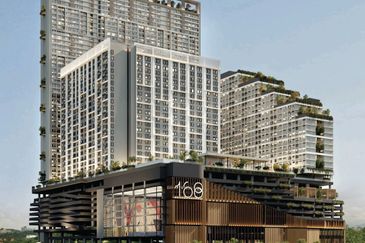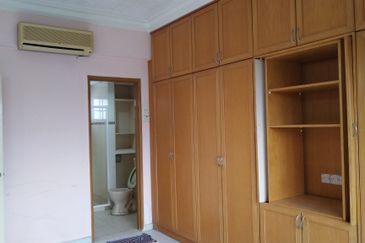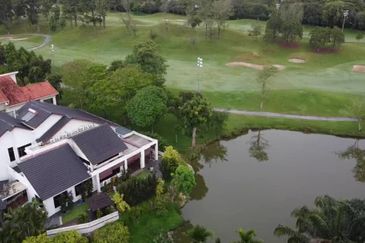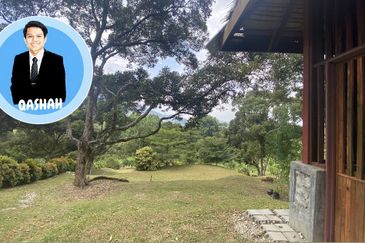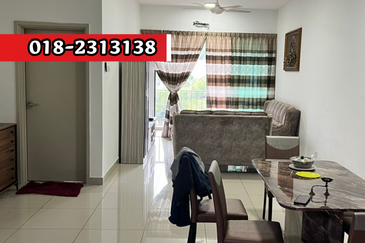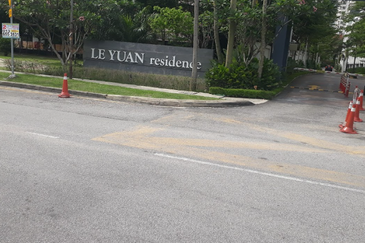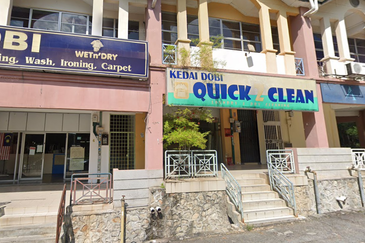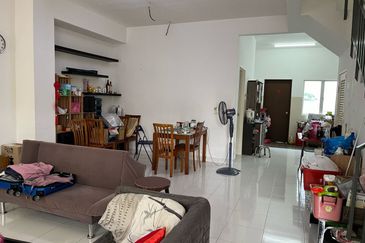TUNKU Naquiyuddin Tuanku Ja'afar is looking at the property sector after the subsidiaries of Syarikat Pesaka Antah Sdn Bhd — which is owned by his family — sold the Jimah power plant in Kuala Lukut, Negri Sembilan, to 1Malaysia Development Bhd (1MDB) for RM1.2 billion.
In a recent interview with The Edge, Tunku Naquiyuddin says he has not decided what to do with the proceeds from the sale, although property investment is an area he is interested in. This plan is something he has to discuss with his brothers, he adds.
Tunku Naquiyuddin is a director of Syarikat Pesaka while his brothers Tunku Tan Sri Imran Tuanku Ja'afar and Tunku Datuk Seri Nadzaruddin Tuanku Ja'afar are the company's chairman and executive director respectively.
Syarikat Pesaka and Tunku Naquiyuddin hold a majority stake in Jimah Teknik Sdn Bhd and Jimah O&M Sdn Bhd, which together owned 75% of the Jimah plant.
Not having found much success with his ventures in public listed companies, the Negri Sembilan royal rules out the possibility of buying into existing businesses or listing his property ventures in the future. "I have lost a lot of money investing in public-listed companies. Look at Sino Hua-An [International Bhd].
"But property is something that is long term," he says, adding that he will expand his biotechnology ventures.
Earlier in July, 1MDB said it was acquiring a 75% stake in the Jimah plant for RM1.2 billion from Jimah Teknik and Jimah O&M, valuing the plant at RM1.6 billion. The rest of the plant is owned by Tenaga Nasional Bhd (20%) and the Negri Sembilan government (5%).
The transaction has come under close scrutiny in parliamentary sessions with opposition members of Parliament (MPs) questioning the viability of the power plant. They are also questioning 1MDB's acquisition of Jimah Teknik, which has reserves of negative RM367 million.
As at June 30, 2012, Jimah Teknik's liabilities stood at RM6.248 billion, mostly attributed to its long-term sukuk that is tied to the 1,400mw power plant. Based on its filing with the Companies Commission of Malaysia, Jimah Teknik posted a net profit of RM11.85 million as at June 30, 2012, on revenue of RM2.5 billion.
While details are scarce, Tunku Naquiyuddin says the Jimah power plant has been generating positive operating cash flow.
However, Taiping MP Nga Kor Ming told Parliament on July 11 that Jimah Teknik had more liabilities than assets, and that it was highly leveraged — to the extent that it impacted the company's profitability.
"The low profit and negative reserves show that the companies [Jimah Teknik and Jimah O&M] are highly-leveraged and will have a problem in generating profits in the near future. This is contradictory to 1MDB's statement that Jimah had strong cash flows," Nga told reporters outside Parliament.
About eight years ago, Tunku Naquiyuddin and his family successfully secured a unique financing arrangement for the development of the Jimah plant. Under the scheme, the equity portion was less than 5%.
The RM6.1 billion sukuk financing, which had three classes of notes, had an astonishing debt-to-equity ratio of 96:4 by way of securitising the equity upfront. What this means is that Tunku Naquiyuddin and his family did not have to fork out much capital.
This has become the focus of criticism because licences to build power plants were awarded by the government on a non-competitive basis to selected individuals. This effectively paved the way for the recipient to rake in millions, provided that his company had a strong partner to complete the power plant.
The Antah group
It was through Antah Holdings Bhd that Tunku Naquiyuddin ventured into the corporate world.
Antah — a child of the New Economic Policy, grew because of its partnership with foreign investors. However, the company's financials were dragged down by substantial bank borrowings.
In its heyday, Antah had in its stable Kaseh Lebuhraya Sdn Bhd and beverage manufacturer Pemanis Sdn Bhd, which is now owned by Asahi Group.
Nonetheless, Tunku Naquiyuddin still has investments in two listed entities: Sino Hua-An and Australian gold miner Noble Mineral Resources Ltd.
The share price of Sino Hua-An — a metallurgical coke producer, has been depressed, given the dim prospects in China. "Despite us making record profits in the first year, the market did not react to it and yet it responded to developments at small-cap companies," comments Tunku Naquiyuddin.
He had grand plans for Sino Hua-An, including a dual listing and the acquisition of a steel plant in China.
At its current price of 17 sen and market capitalisation of more than RM190 million, it should not take much for Tunku Naquiyuddin to privatise the company, but he has not given up on Sino Hua-An.
"When China grows again, we will ride that prospect. Plus a privatisation would mean having the blessing of my Chinese partners."
Tunku Naquiyuddin effectively owns a 27.3% stake in Sino Hua-An while his Chinese partners own more than 16%. Interestingly, Lembaga Tabung Haji has been a long-term shareholder with a 6.29% stake.
Given the lacklustre performance of Sino Hua-An, it was thought that Jimah would be the platform to launch Tunku Naquiyuddin's comeback to the corporate world. But that will not be the case now, since he and his family are divesting Jimah.
"We were not interested in a sale two to three years ago. We were happy just to let it be. But on our own, we could not grow Jimah," he says.
Before 1MDB came into the picture, Sime Darby Bhd had expressed interest in Jimah. "But the [Sime] board at the time had problems digesting the consolidation of the RM6 billion debt [carried in Jimah's books].
"And then 1MDB came asking if we were still interested in a sale. They were already eyeing Jimah before Sime," Tunku Naquiyuddin says, adding that talks with 1MDB started in October last year.
He reveals that it was never his family's intention to sell the power plant, but circumstances were such that they had to let it go.
The challenge has always been Jimah's small paid-up capital, Tunku Naquiyuddin says. "To bid for future concessions, we needed the capital structure right. We thought [going] public was one of the ways.
"But I don't see an IPP [independent power producer] as an exciting investment unless Jimah is on an acquisition trail. It will be good as a long-term investment, such as for the EPF that looks for regular dividends.
"But under 1MDB, that could be quite exciting as it has the size and vision to grow the power business."
This story first appeared in The Edge weekly edition of July 15-21, 2013.
TOP PICKS BY EDGEPROP
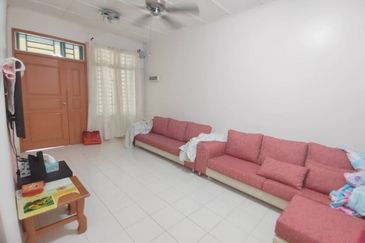
Taman Bukit Indah @ Iskandar Puteri
Johor Bahru, Johor
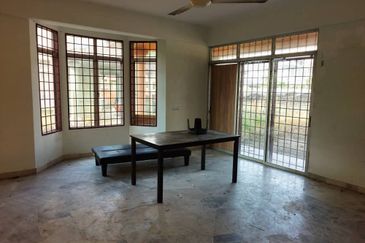
Taman Tasik Semenyih (Lake Residence)
Semenyih, Selangor
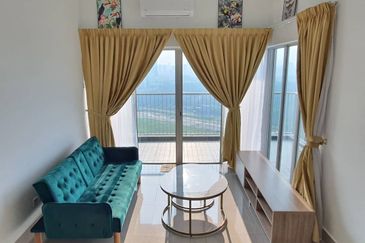
Razak City Residences
Salak Selatan, Kuala Lumpur
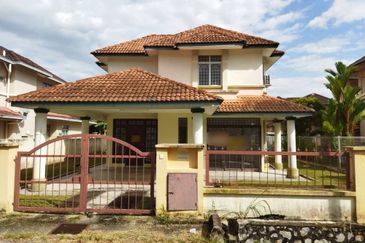
Taman Tasik Semenyih (Lake Residence)
Semenyih, Selangor
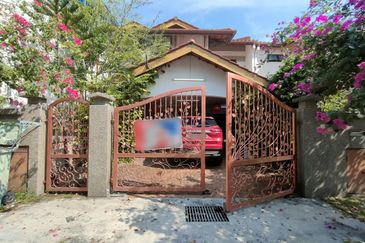
Suadamai, Bandar Tun Hussein Onn
Cheras, Selangor
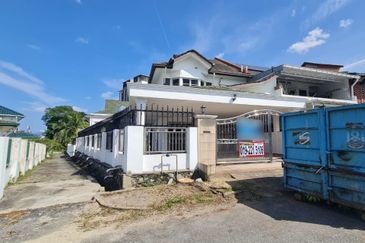
Suadamai, Bandar Tun Hussein Onn
Cheras, Selangor
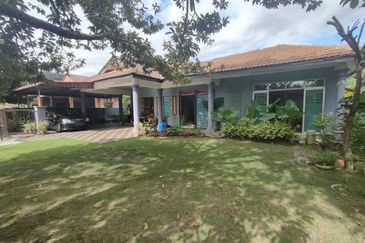
Taman Tasik Semenyih (Lake Residence)
Semenyih, Selangor
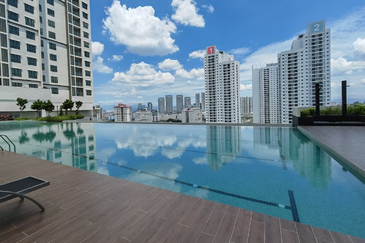
Residensi Bintang Bukit Jalil
Bukit Jalil, Kuala Lumpur



